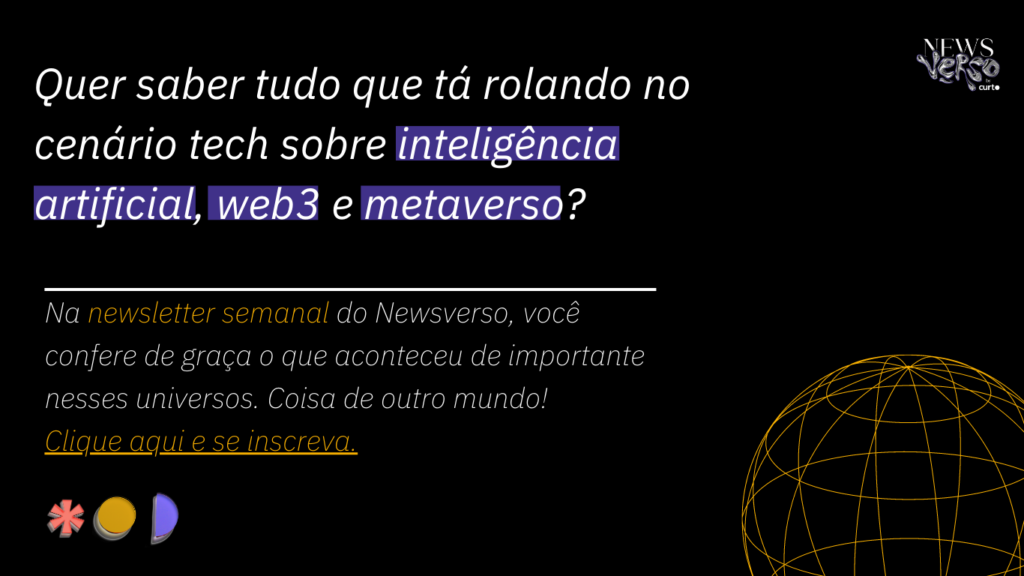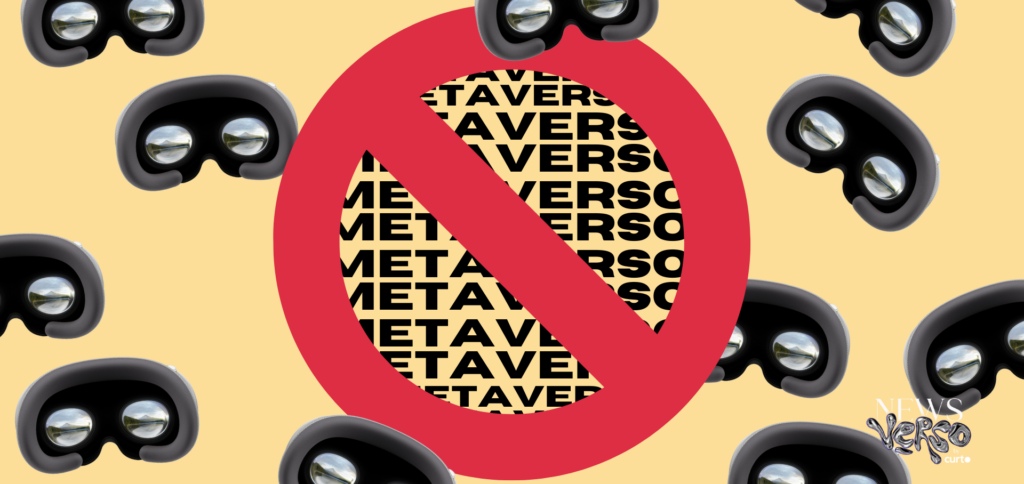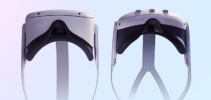A Apple and Meta are at the forefront of the augmented (AR) and virtual (VR) reality revolution. Both companies recently launched their most anticipated products: the Vision Pro and Quest 3, respectively.
ADVERTISING
While the launches build their narrative and excite technology enthusiasts (a category in which I include myself), a notable absence marked the launch event: the term “metaverse”. Did the metaverse flop? Let's explore the details of these launches and discuss the future of the post-smartphone ecosystem.
In 2022, through research I carried out, I found a report from Strategy Analytics which stated that the global metaverse market should reach 42 billion dollars by 2026. This figure was based on the prospect of launching an augmented reality device in the second half of 2022 and which was identified as a crucial moment for the metaverse, predicting explosive growth in 2023 (Strategy Analytics). This device would clearly be Apple, in view of the monitoring of analysts in the registrations of related patents.
Apple avoids the term “Metaverse”
The expectation surrounding the launch of Apple during 2022 and 2023 it only increased and finally Tim Cook brings his historic revelation, without once mentioning the expression that was talked about in 2022: metaverse 🫣.
ADVERTISING
A Apple is defining its Vision Pro as a “spatial computing” device, an immersive display that seamlessly blends the real and digital worlds. With features like 3D gaming, multitasking desktop and FaceTime calling, Vision Pro delivers an unprecedented immersive experience.
Meta, on the other hand, released the Quest 3 video, already pointing to a device a little smaller than the previous version and with the promeThis is to elevate the user experience to a new level (further details will be part of the official launch at the Connect event, on September 23).
While Vision Pro from Apple emphasizes integration with the ecosystem Apple and interaction with the real world, in multiple possibilities that range from work to entertainment, Meta's Quest 3 seeks to improve the gaming experience and brings (at least in the launch video) a focus on fun.
ADVERTISING
By avoiding the term “metaverse,” however, it appears that these companies may be recognizing the challenges and controversies associated with this concept. The expression, although not created by Meta, was appropriated by it in an attempt to create its narrative of technological development through the combination of Quest and Horizon.
A Apple, in turn, always tried to distance itself from the term considered controversial, especially because it did not play in favor of the Metaverse being this “place” or “platformized environment” brought by Meta.
Still, even with the absence of the term metaverse in the Visio Pro launch, if we look at the context of the development of the post-smartphone ecosystem, experts like Amy Webb provide valuable insights. Webb, in his Trend Report 23, released at the beginning of the year, highlights the increasing immersion of interfaces and the potential of smart glasses, which can revolutionize industries and create new forms of interaction, but always with the caveat about the importance of facing the technical and ethical challenges associated with these technologies.
ADVERTISING
Potential of internet spatialization
Be that as it may, the conception of the metaverse hypothesis as an intertwining between physical and virtual continues to evolve and Apple will certainly be shaping the future of this industry, especially with its idea of spatial computing, exploring new possibilities, improving technology and creating innovative experiences from the immersive visuals and interactions enabled by Vision Pro.
But, beyond this superficial perspective, we need to go further and broaden our look at this moment and perceive the beginning of another paradigmatic turn: the intermediate look, a new way of “seeing” things based on computational volumetry, which it will open up new ways of knowing things with a new epistemology of human vision.
The future of augmented and virtual reality remains intriguing and we are just beginning to unlock its full potential.
ADVERTISING
See also:
Sílvia Piva is a lawyer, master and doctor in Law from PUC-SP. A technology enthusiast, she is a researcher at FGV and PUC-SP on Emerging Technologies, Technophilosophy, Ethics and Regulation. Furthermore, the lawyer is one of the founders of Ex nunc metaverse, the first legal metaverse in Brazil. Piva is also part of a law firm and is the leader of the Nau d'Dês hub.






